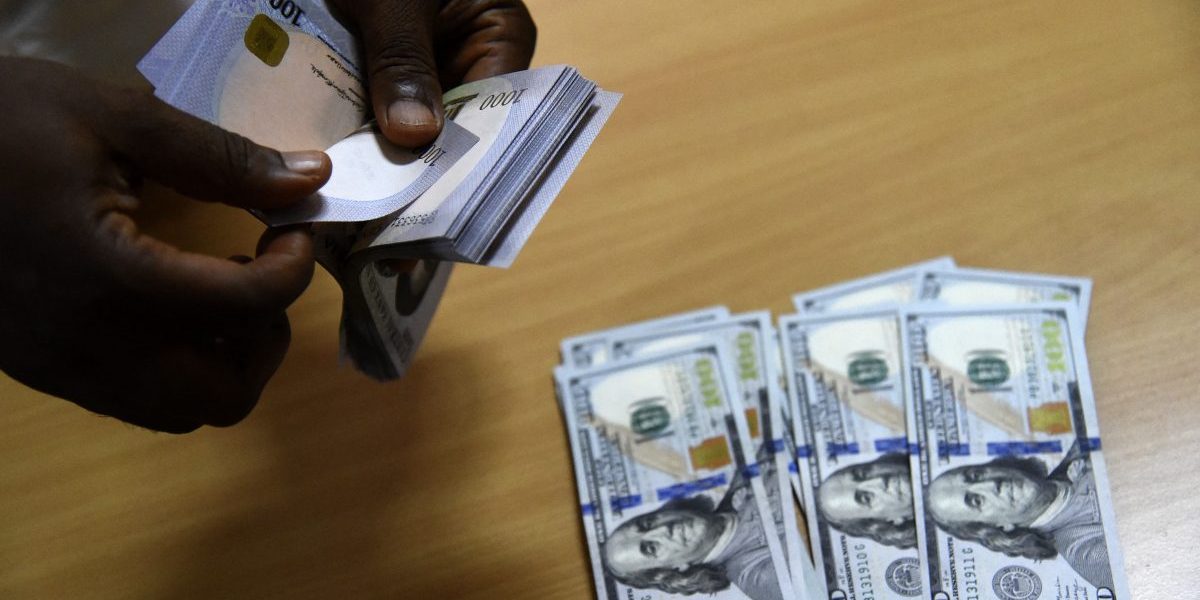Summary:
- The COVID-19 pandemic has had severe impacts on the macroeconomy and the livelihoods of households globally. For Nigeria which saw its first case in February 2020, the economic contraction was severe and sustained leading to a recession in the third quarter of 2020.
- Consequently, the Nigerian government has increased its spending plans – to counteract the effect of the pandemic on the income and spending of households and firms – which has been delivered through cash transfers, tax rebates, loans, loan guarantees among other mediums.
- Discussions around the efficacy of the macroeconomic policy responses deployed have begun to gain traction as a fiscal year has elapsed since the pandemic started and the policies were put in place.
- This research and policy brief examines the macroeconomic landscape and policy interventions in Nigeria with the objective of developing lessons not only for Nigeria but for other developing economies.
- The aim is that lessons from Nigeria can guide economic policy makers in developing countries to create a sustained economic recovery.







